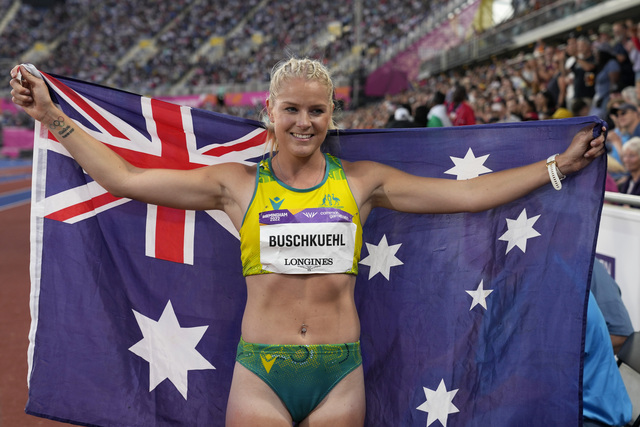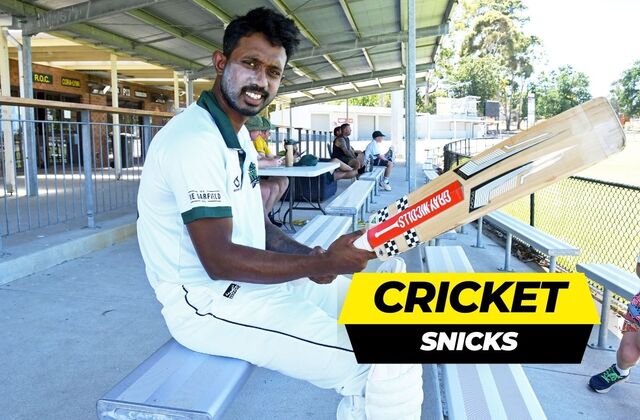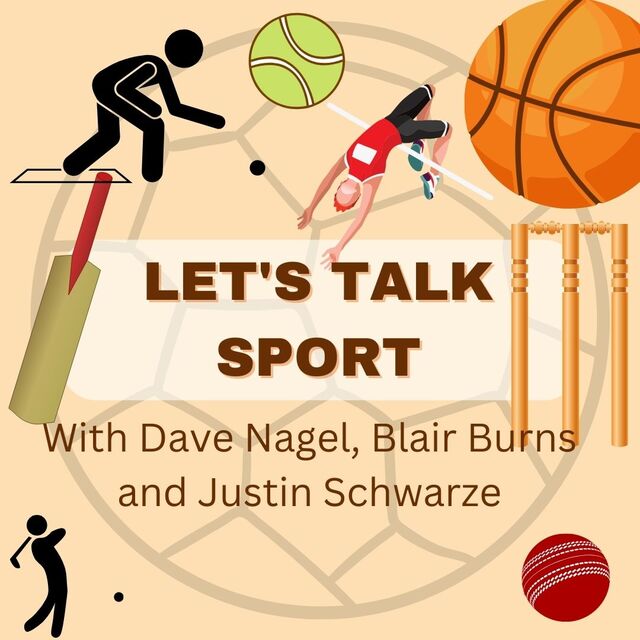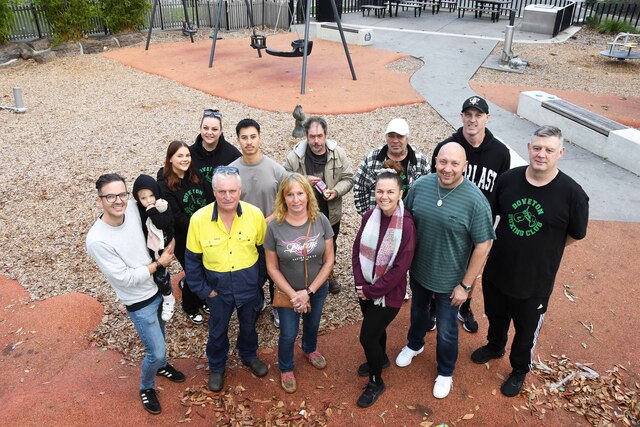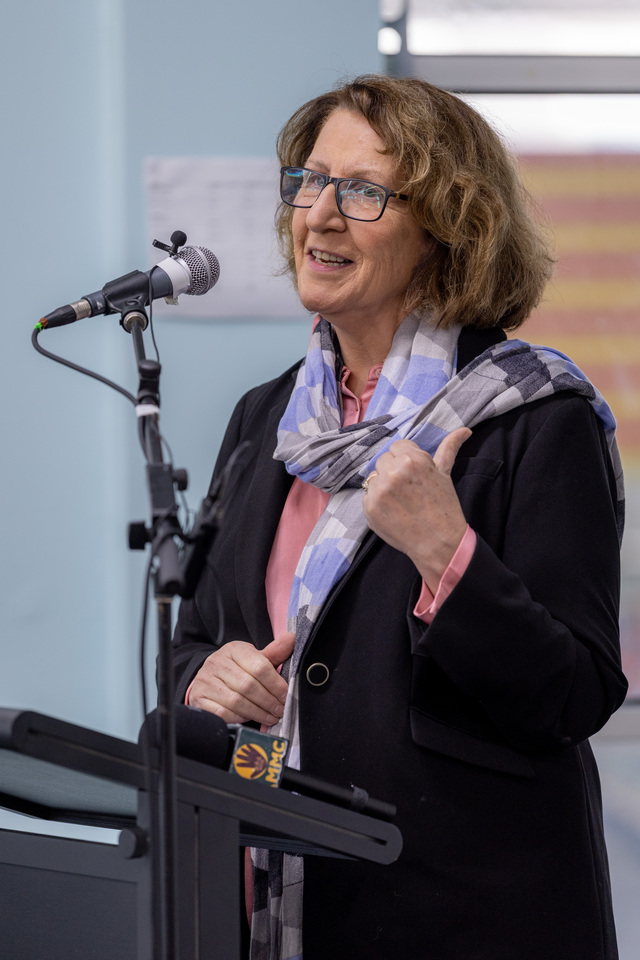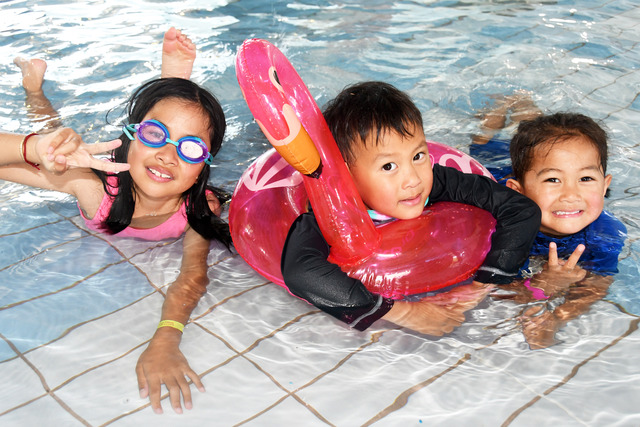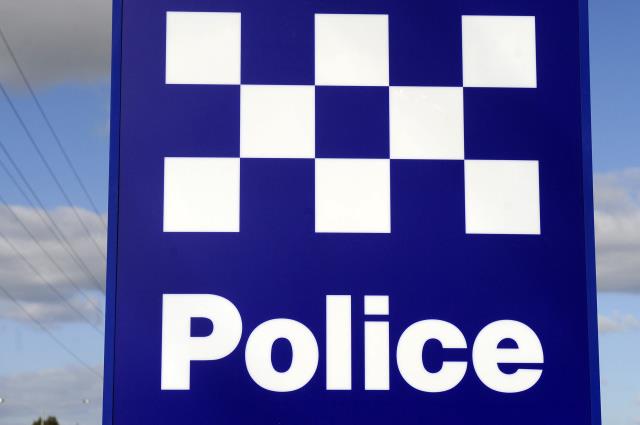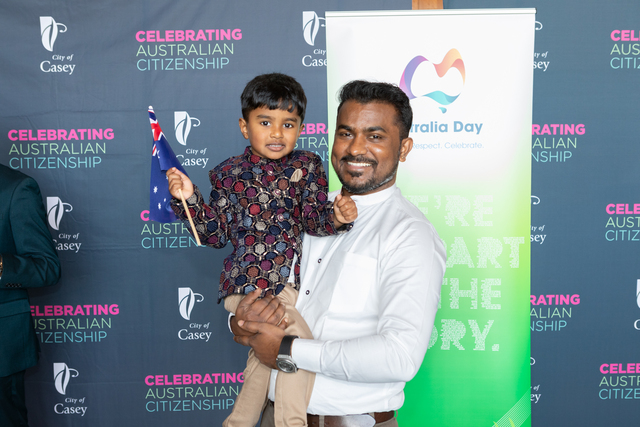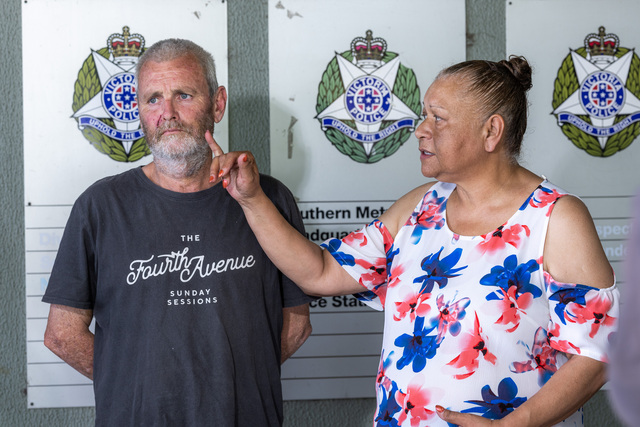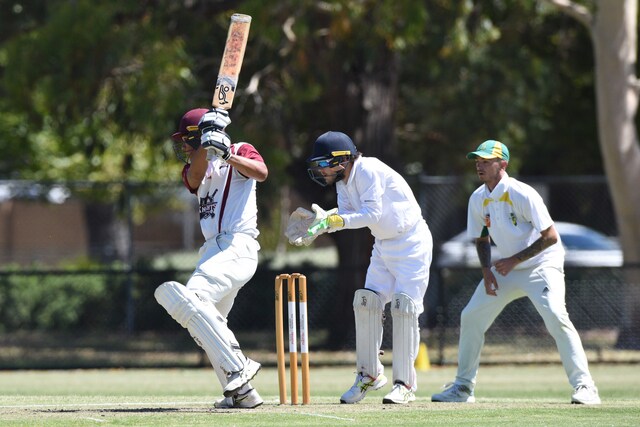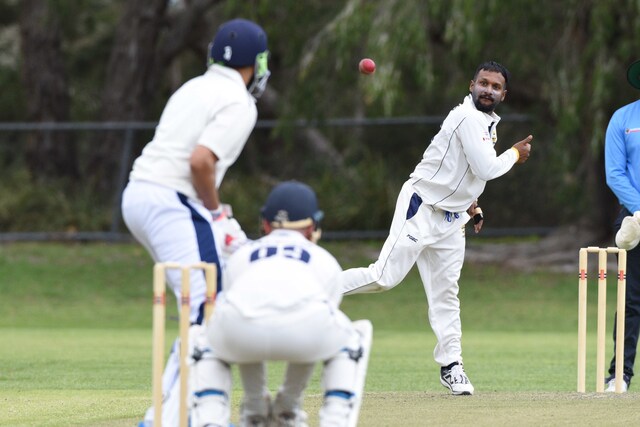Brooke Buschkhuel concedes that she doesn’t know what her future as a long jump competitor looks like beyond the Paris Olympics.
The Lyndhurst Australian record holder will turn 35 two days before the 2028 Games begin in Los Angeles, which would be her fourth Games, should she qualify.
In the world of Australian athletics, four Olympic Games trips would place her into elite company, with names like Robert de Castella, Stephen Moneghetti and Jane Saville.
The unknown has brought with it a sense of anxiety and compounding physical and mental consequences in the lead up to Paris, but with the games now at her doorstep, there’s a sense of confidence in being able to perform at her best in the biggest moment.
“I had a few average competitions early on in the season and there were reasons for that and I feel like my training quality in terms of distances I’m jumping in training have definitely picked up recently,” she said.
“There’s also some indicators in the gym that are showing that I’m definitely on track and have improved a lot – tests like drop jumps, and doing some light testing on my acceleration which seems to be really really good at the moment.
“Although a lot of those exercises somewhat correlate to your jumping distances, the best indicator is results in competitions.
“I’ve slowly been building those up and I’ve got another one this weekend, which will be my last competition before I hit the runway in Paris, which is exciting.”
Her two previous Olympic experiences could hardly be more contrasting; the hustle, bustle and sensory overload of Rio de Janeiro, and the eerie, sanitised hush of Tokyo, where face masks and isolating was as important as stretching, warm ups and cool downs.
2016 delivered a sense of imposter syndrome and overwhelming emotion for the then 23-year-old, the enormity of a dream sparked in a grade one student during Sydney in 2000 finally coming to fruition at the Olympic Stadium in front of a packed house.
She placed seventh in the final with a jump of 6.74 metres, and repeated her seventh-placed finish in Tokyo with a jump of 6.83 metres, off suboptimal preparation as she battled a knee injury.
Since then, she set a new Australian record with a jump of 7.13 metres in 2022, and won silver at the Birmingham Commonwealth Games in the same year.
Having honed her craft at Casey Fields since moving to Lyndhurst in recent years, the experienced competitor knows how to juggle an Olympic experience, both on and off the track.
It won’t be until the 11th day of the games that long jump heats even begin, and another two before the finals, allowing plenty of time for performance anxiety and nervous energy to fester.
Having worked with a sports psychologist to best deal with those intrusive thought patterns, the importance of following routine will be crucial in not playing the event over in her head before she enters the Stade de France.
She’ll experience some of what the city of Paris has to offer in the opening week, and cheer on her Australian teammates in an effort to distract herself away from the training track.
She’ll go through her itemised checklist to pack her competition bag, and stick to the same diet that has served her so well in her decade-long career.
Freddie Mercury’s vocal chords and her pre-competition playlist consisting largely of ‘Queen’ will help to shut out the outside noise, and into competition-zone she goes.
Three years of planning, training, gym work, pouring over vision studying and fine-tuning her approach with her father and coach, Russell Stratton, has come down to this.
There’s four key fundamentals to every attempt; the runway, the take off, the jump, and the landing.
At the top of the runway, it’s about keeping the shoulders down before accelerating through the first six strides.
Rapidly approaching the board, she’ll look to stay upright, maintaining strong posture and keeping the hips up, before launching herself at full-throttle into the pit.
By now, the 31-year-old Buschkuehl has the routine so down-pat to the point it feels she’s on auto-pilot.
“I try not to think about too much, because you don’t want to be running down a runway thinking about 20 different things,” she said.
“We train so much for the events that we compete in, a lot of the time you probably don’t even need to be thinking, because whatever happens is going to happen anyway.”
Buschkhuel considers the field to be deep, yet open, and a sense that something in her training program has finally ‘clicked’ is fueling her confidence ahead of what shapes as a potentially life-changing two weeks.
“A lot of these good training sessions that I’m putting together have built confidence and allowed me to acknowledge that a medal could be within my sights,” she said.
“Until all of us women are in the exact same conditions and competing on the exact same track, it brings everyone to the same level and it’s really about who is ‘on’ on the day.
“The medals are there for the taking and I really believe that if I can get over there in the physical shape that I’m in currently, and with my current mindset, I feel like anything’s possible.”
32 competitors have entered the long jump competition at Paris from 21 different countries.
Reigning gold medallist from Toyko, Malaika Mihambo, is back to defend her crown, but silver medallist, Brittney Reese from the United States is not, having retired.
Last year’s World Athletics Championships in Budapest saw Serbian Ivana Vuleta clear the field with a leap of 7.14 metres, 23 centimetres clear of the United States’ Tara Davis-Woodhall’s 6.91 metres, as Miahmbo missed through injury.
Buschkhuel did not qualify for the final, jumping 6.55 metres in the qualifying rounds.
Australia has won four Olympic silver medals in long jump, but no gold, and no Australian woman has ever claimed a medal in the discipline.
History is not on Buschkhuel’s side, but records are made to be broken.
Qualification begins on Tuesday 6 August, with the finals to take place during the early hours of Friday morning, 9 August, Australian Eastern Standard Time.

